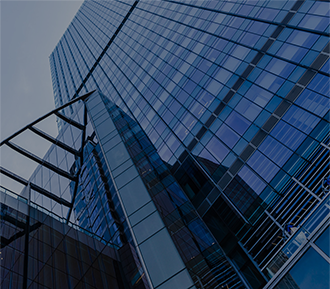

In the realm of modern manufacturing and construction, versatility is a prized attribute. Industries are constantly seeking materials and techniques that can adapt to a wide range of applications while maintaining durability and cost-effectiveness. Industrial aluminum extrusion emerges as a shining example of such versatility, offering a host of benefits that span across diverse sectors. In this article, we'll delve into the world of industrial aluminum extrusion and explore the many ways it brings flexibility and efficiency to various industries.
The Basics of Industrial Aluminum Extrusion
Industrial aluminum extrusion is a manufacturing process that involves shaping aluminum by forcing it through a die to create complex cross-sectional profiles. This technique transforms raw aluminum into intricately designed components that can serve a multitude of purposes. The process begins with selecting the right aluminum alloy, followed by heating and extruding it to achieve the desired shape.
Precision Engineering and Customization
The flexibility of industrial aluminum extrusion profile lies in its ability to create tailored solutions. The process allows for precise control over the profile's dimensions, thickness, and features. This customization ensures that components are designed to meet specific functional and aesthetic requirements, making them a perfect fit for diverse applications.
Construction and Architecture
In the construction industry, industrial aluminum extrusion finds extensive use in creating structural elements such as window frames, door frames, curtain walls, and roofing systems. The material's light weight, corrosion resistance, and ability to withstand various weather conditions make it an ideal choice for both residential and commercial projects. As a professional aluminium extrusion factory, Otalum sells various aluminum extruded products, including window and door systems, curtain walls, performance louver, heat sink, solar panel framing, etc. We also provide customized services to cater to specific project requirements.
Automotive and Transportation
Aluminum extrusion's versatility extends to the automotive sector, where it's employed in components like frames, chassis, and body panels. The material's strength-to-weight ratio enhances fuel efficiency and vehicle performance, while its flexibility allows for innovative designs that meet safety and aerodynamic requirements.
Electronics and Machinery
From electronics to machinery, aluminum extrusion plays a crucial role in creating enclosures, heat sinks, and various structural components. Its ability to dissipate heat efficiently makes it invaluable in electronic devices, while its malleability and durability are prized characteristics in machinery manufacturing.
Resource Efficiency
One of the standout features of industrial aluminum extrusion is its resource efficiency. Aluminum is a highly recyclable material, and the extrusion process itself generates minimal waste. This aligns with sustainability goals and reduces the environmental impact of manufacturing.
Energy Savings and Durability
The lightweight nature of aluminum extrusions contributes to reduced transportation and installation costs. Additionally, the material's durability and resistance to corrosion translate to longer lifespans for products, reducing the need for frequent replacements and minimizing waste.
Industrial aluminum extrusion stands as a testament to the symbiotic relationship between innovation and versatility. From construction and automotive to electronics and machinery, its applications span a broad spectrum of industries. By offering precision engineering, customization, and sustainability, aluminum extrusion has become an indispensable solution for creating components that not only meet functional demands but also contribute to cost-effectiveness and eco-conscious manufacturing practices. As industries continue to evolve, industrial aluminum extrusion remains a constant, reshaping the way we design, build, and create.
